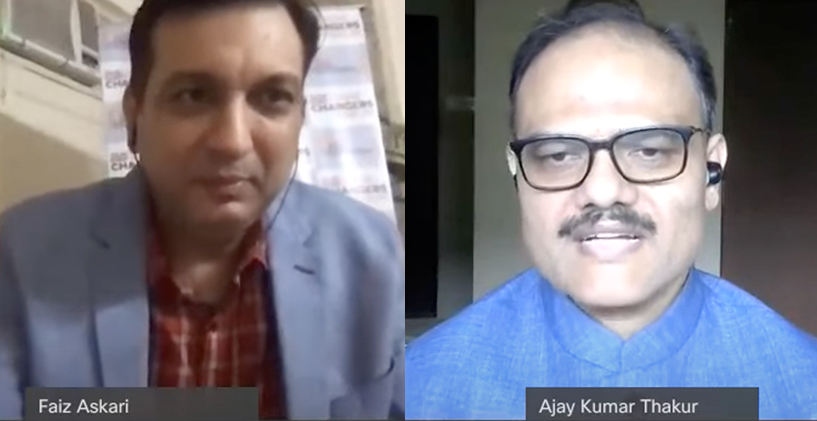In an exclusive discussion between Faiz Askari, Founder of SMEStreet, and Ajay Thakur, Head of BSE-SME & Startups at BSE India, they explored the evolving landscape of SME fundraising and recent trends.
Faiz Askari began by inquiring about the current level of awareness among SMEs regarding stock listings as a fundraising option and Mr. Thakur’s observations on SMEs navigating this process.
Mr. Ajay Thakur emphasized the crucial role of MSMEs (Micro, Small, and Medium Enterprises) in the Indian economy, particularly in tier 2 and tier 3 cities. He explained that the idea of creating a platform specifically for SMEs to raise funds through stock listings began in 2010. Following SEBI’s introduction of the SME exchange framework, BSE launched its SME platform in March 2012. Since its inception, over 330 SMEs have been listed on the BSE platform, raising Rs 3340 crore and achieving a market capitalization of over 33,000 crores across 22 different sectors.
Mr. Thakur addressed the impact of the COVID-19 pandemic, noting that despite the challenges, there have been 10 new listings in the past two months. He expects continued growth in SME listings as more businesses recognize the opportunities available through stock market participation.
Recent adjustments to SME listing norms have been made to encourage greater participation. Previously, a very small percentage of MSMEs were part of the formal sector. The new guidelines now allow any SME with an operating profit in at least one of the last three years and net tangible assets of Rs 1.5 crore to apply for listing. These relaxed norms are intended to make the listing process more accessible and attract more SMEs to the formal sector.
Mr. Thakur outlined several benefits for SMEs listed on BSE SME:
- 1. Fundraising:SMEs can raise funds through equity dilution for capital expenditures
or working capital needs. - 2. Company Strength: Equity infusion helps SMEs strengthen their financial position,
reduce debt costs, and support growth. - 3. Credibility: Listing increases transparency and enhances the credibility of the
promoters, leading to greater trust. - 4. Visibility: Listing on the exchange enhances the company’s visibility both
domestically and internationally. - 5. Equity as Currency: Listed equity can be used for further fundraising and can
serve as collateral for loans if promoters wish to avoid dilution. - 6. Employee Benefits: SMEs can offer stock options (ESOPs) to reward employees.
- 7. Value Realization: Listing helps reveal the company’s value by making it publicly
traded.
In response to a question about the impact of the revised definition of MSMEs on fundraising, Mr. Thakur stated that the increased investment limit for plant and machinery to Rs 20 crores will help more companies qualify as MSMEs. This change is expected to facilitate connections with banks and capital markets, encouraging more entrepreneurs to consider listing their companies.
The conversation underscored the growing opportunities for SMEs in the stock market, driven by relaxed listing norms and supportive frameworks aimed at enhancing fundraising and business growth.







